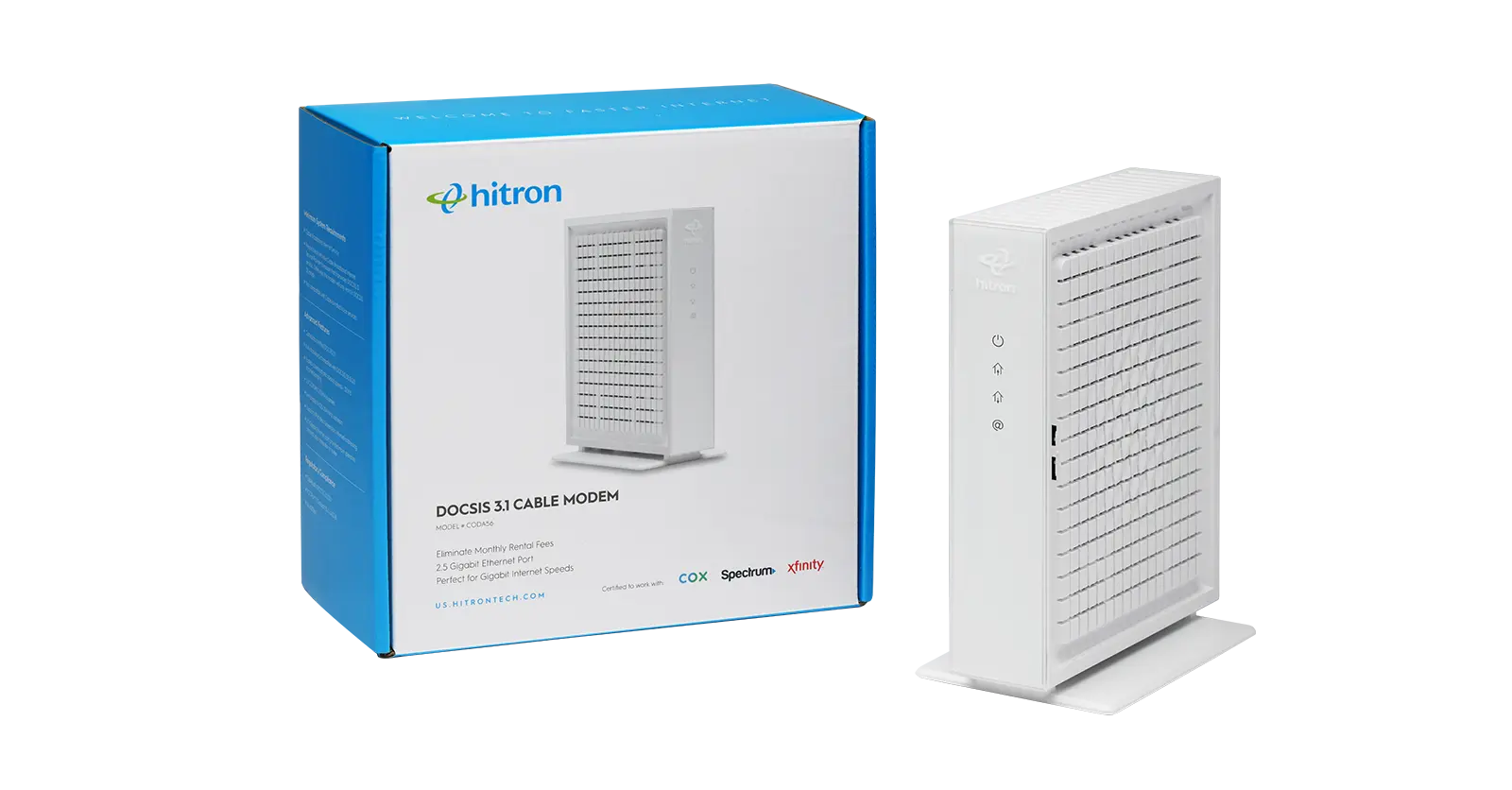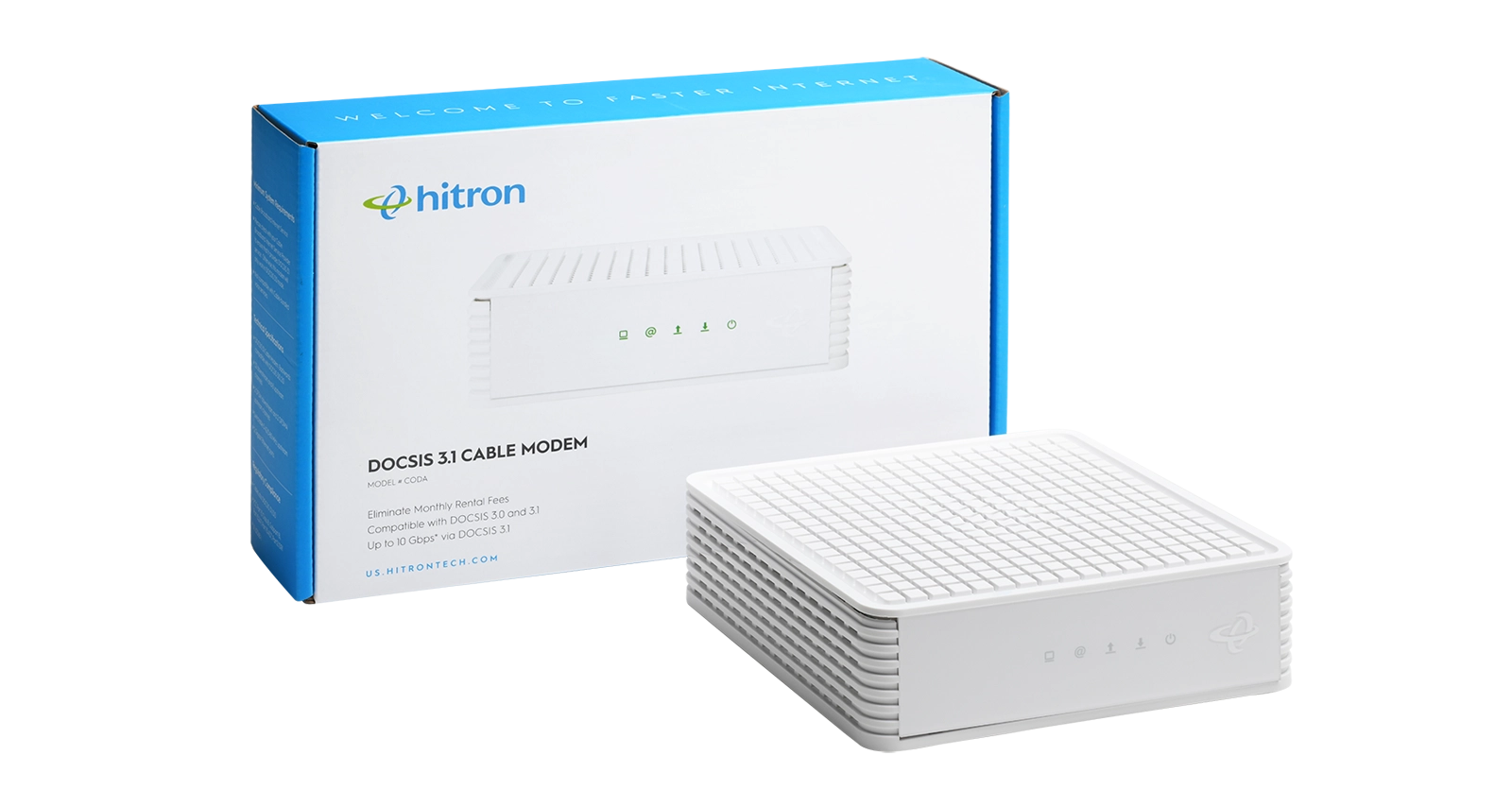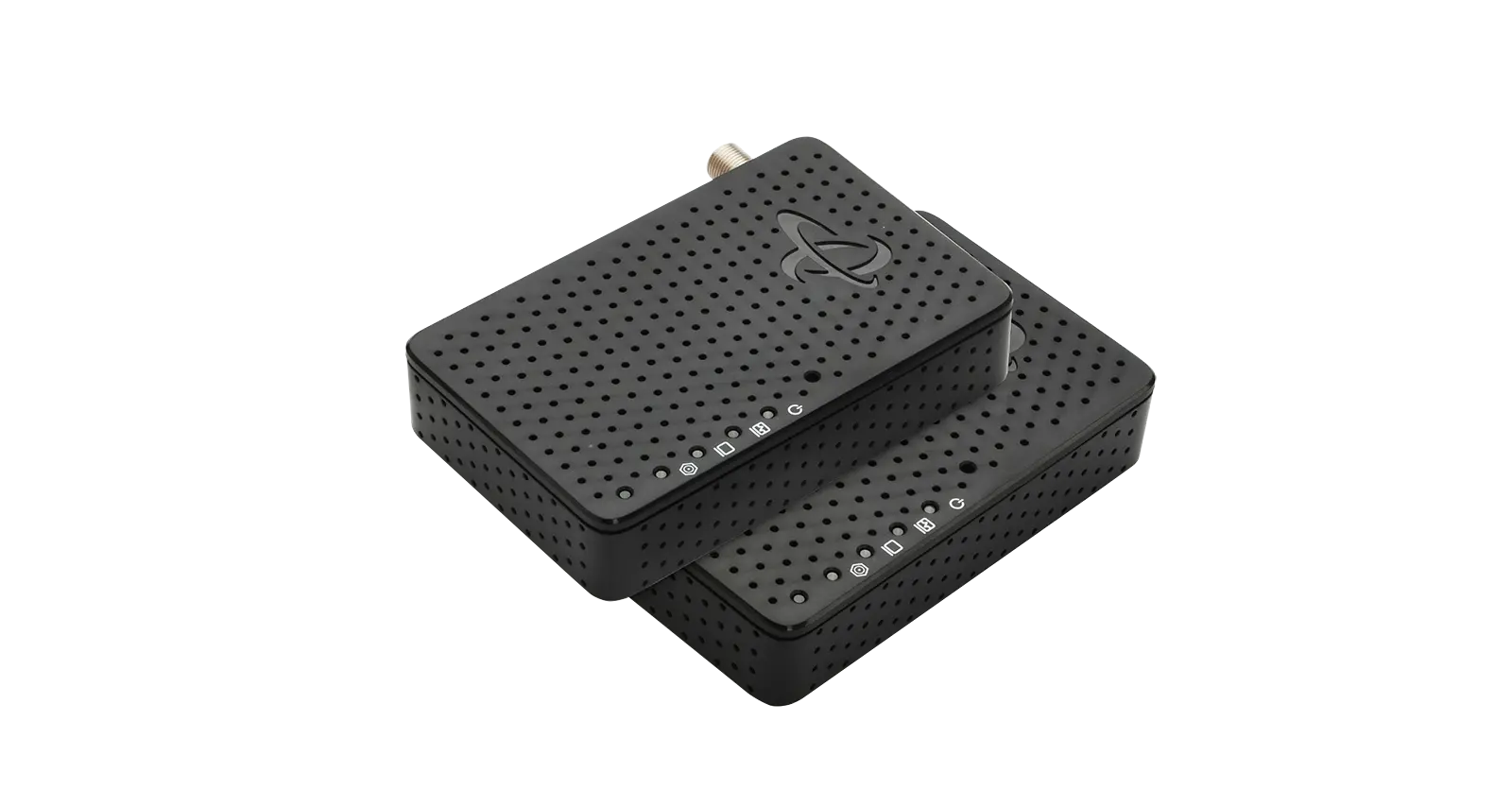A traditional WiFi router connects to your modem and wireless devices. A WiFi router is prone to dead zones caused by distance and other interferences. Whereas a mesh router connects to two or more connected devices called nodes to carry a WiFi signal throughout the whole home. This is the mesh network. Because there are nodes placed throughout the home, a mesh network isn’t prone to dead spots like a traditional WiFi router.
A traditional router is a singular device, and a mesh system is made up of multiple interconnected devices. Which is right for you?
Traditional WiFi vs Mesh – Which is better?
Depending on your needs, traditional WiFi can still serve you well. However, if you are looking for future proof Internet, have the budget, and want to scale up, mesh WiFi might be the better fit. Still, there are pros and cons to each depending on a few key factors:
Size of your space
- Traditional router: If you live in a small space, a traditional router should be able to give you the WiFi coverage you need.
- Mesh network: If you live in a large, multi-level home, a traditional router will struggle to give you a solid WiFi signal in every part of the home. If your home is 2,000-5,000 square feet, consider mesh WiFi so that you can roam freely throughout your home and connect to the Internet without a hitch.
Budget
- Traditional router: A traditional router is affordable for most, whether you are renting through your ISP or buying a compatible one.
- Mesh network: Mesh typically comes as a system and can be an investment. Since the network operates on individual nodes, each time you need to add one to another room, that is more money to invest into the system. Though, with mesh you get what you pay for. So, while it is more expensive, the investment is in always-reliable WiFi.
Internet usage & activities
- Traditional router: How many people live in your home or shared space? Is everyone connecting at once? Are you an avid online gamer? These are all things to consider. While you can get solid performance from a traditional router, especially if you live alone, there are higher risks of lag or dropped connection if too many devices are connected at once. Regular WiFi routers are not always equipped to handle high network congestion.
- Mesh network: Mesh WiFi is designed to get rid of any dead zones, slow connection, and congestion issues. Therefore, all online activities should be seamless and enjoyable all the time. Like streaming, online gaming, browsing the web, taking video calls for work, etc. A mesh WiFi system can also come with a mobile app to setup and configure your network, as well as allow you to remotely manage and control your home network settings and features, such as Parental Controls and Guest Networks.
If a traditional router best fits your needs right now, you can pair a device like a MoCA adapter to extend your WiFi signal and get better coverage.
However, investing in a mesh WiFi kit like Hitron’s mesh WiFi system ensures better WiFi. The system continuously optimizes performance by auto selecting the best backhaul link for maximum speeds everywhere in your home. No more worrying about everyone connecting to the Internet at once. Zoom calls are uninterrupted. No lagging videos and no lag while online gaming. More brilliant 4K HD video streaming.
The Hitron OS2210 Dual-Band WiFi 6 Mesh System is available on Amazon. It offers a 1-year membership to new members with the Plume HomePass™ app for easy setup, network controls, and whole-home management.
Want to learn more about mesh WiFi or Managed WiFi? Checkout our other articles on WiFi Mesh and Home Network resources on our Learn Page.


